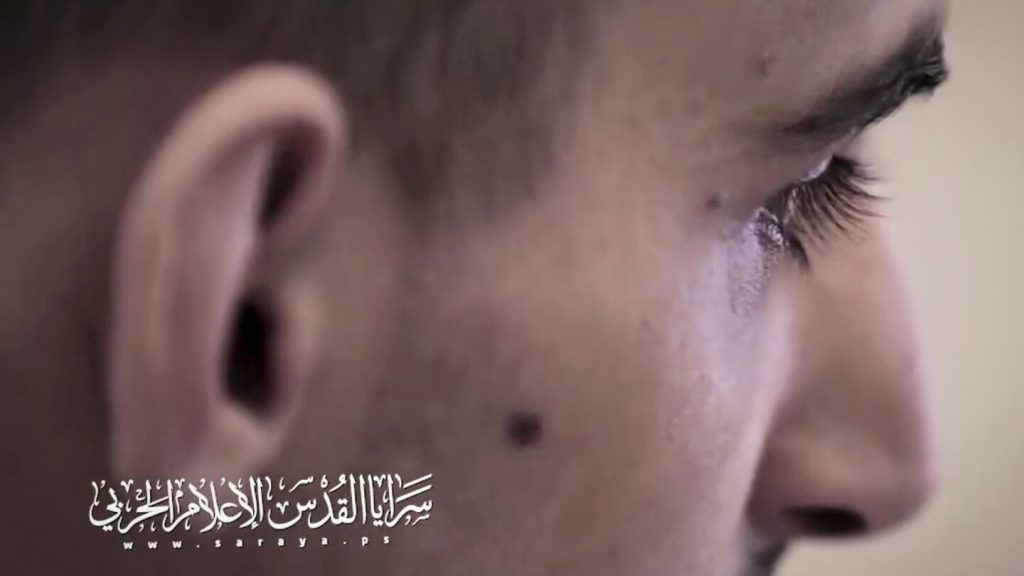Israel convened an emergency meeting of the U.N. Security Council on Tuesday to demand the release of its severely malnourished hostages, including one who was seen digging his own grave. Their situation garnered considerable sympathy; however, the plight of the 2 million starving Palestinians in Gaza received even more attention.
Many council members, along with the Palestinians, criticized the Israeli government and military for enforcing a two-month blockade on Gaza and not allowing sufficient food into the area. The health ministry in Gaza has reported over 100 starvation-related deaths, including many children.
Israeli Foreign Minister Gideon Saar, who traveled to New York for the council meeting, accused Russia and other unnamed members, as well as the international media, of perpetuating numerous falsehoods. He highlighted that Hamas and Islamic Jihad are starving the hostages taken during the October 7, 2023, attacks in southern Israel “while the terrorists enjoy meat, fish, and vegetables.”
Saar claimed that Israel is facilitating “large amounts of aid into Gaza,” alleging that Hamas is hoarding food and using it as “a financial tool” for profit. However, U.N. spokesman Stephane Dujarric stated that there is no supporting evidence for this assertion.
Testimony from Families of Hostages
Itay David, brother of the malnourished hostage Evyatar David, who was filmed in a Gaza tunnel digging his own grave, implored the Security Council: “Do not let them die. We don’t have time. Do not let them spend another minute in darkness.” He described his brother as “a living skeleton,” urging the 15 council members in a video briefing to provide humanitarian aid, as the hostages are being both psychologically and physically broken by Hamas.
British U.N. Ambassador Barbara Woodward reiterated the need for the immediate release of all hostages, condemning the use of hostages for propaganda as a “depraved” act. She emphasized that Hamas’ militant ideologies have no place in Gaza’s future governance and should never again threaten Israeli security. Woodward reflected on an earlier ceasefire when hostages were released, allowing the U.N. to provide significant aid to Gaza, but noted that the end of that ceasefire saw a drastic increase in suffering for both hostages and Palestinian civilians.
Addressing Both Sides of the Conflict
Sierra Leone’s U.N. ambassador, Michael Imran Kanu, praised Itay David for advocating for his brother and the other hostages, condemning their “inhumane treatment.” He labeled the hostage-taking by Hamas a war crime while asserting, “One atrocity cannot justify another.” Kanu expressed deep concern for the hostages but stressed the importance of not overlooking the broader humanitarian crisis affecting Gaza, which has been deprived of necessities like food and medical supplies due to the blockade.
U.S. Acting Ambassador Dorothy Shea indicated that the United States aims to provide assistance to civilians in Gaza, highlighting President Donald Trump’s acknowledgment of the “real starvation” occurring. She encouraged those expressing concern regarding the potential famine to support the Gaza Humanitarian Foundation, which reported delivering over 1.5 million meals recently amidst violent efforts by Palestinians to access aid.
Palestinian U.N. Ambassador Riyad Mansour acknowledged the disturbing video of Evyatar David, reaffirming a rejection of all inhumane treatment against any detainee. He criticized Israel for calling for action against starvation while simultaneously imposing a blockade that is starving a civilian population, stating, “Israel is shooting at them while they seek water and food.”



